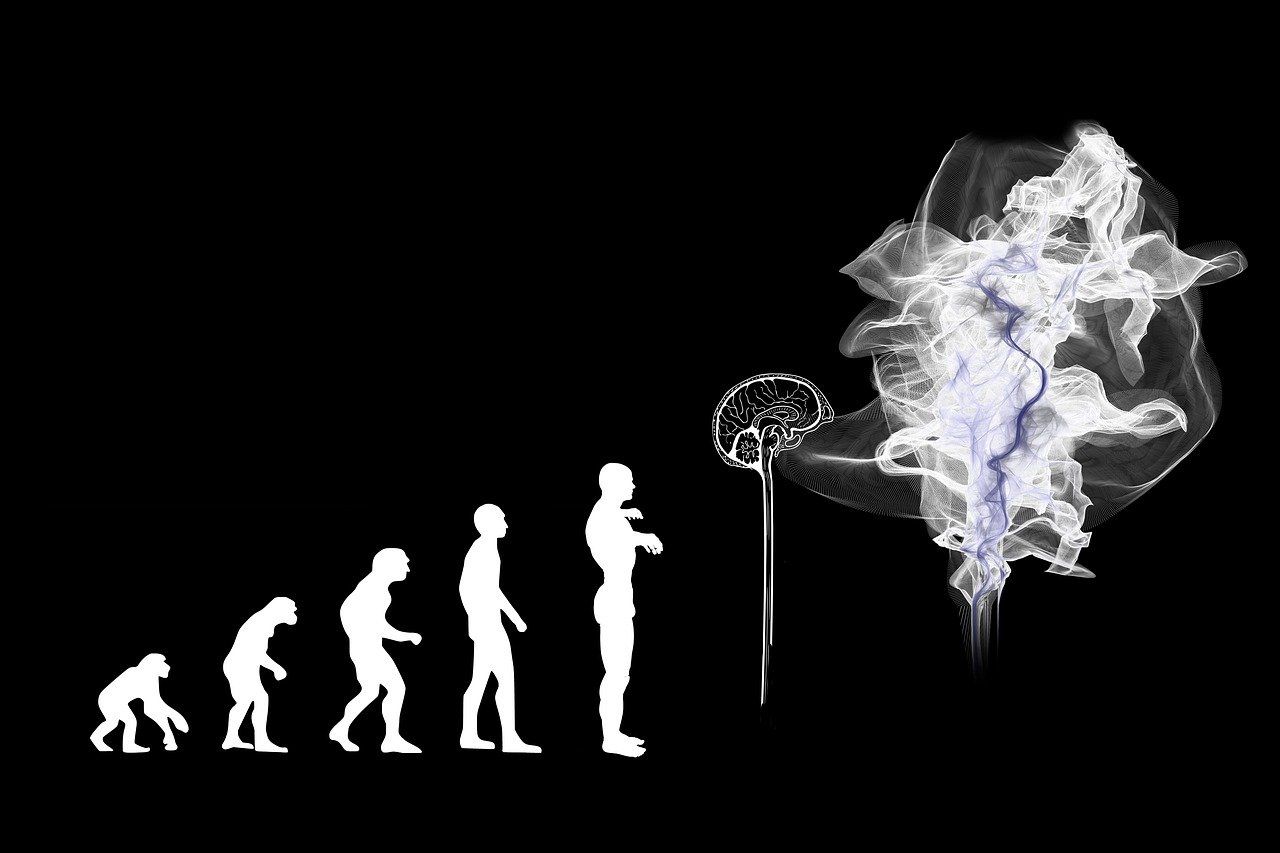Brussels, 12 December 2024
Today, The EU Commission has organised a roundtable with leading experts in the application of artificial intelligence (AI) in various scientific disciplines and in fundamental AI research. Hosted by the Executive Vice-President for Tech Sovereignty, Security and Democracy, Henna Virkkunen and the Commissioner for Startups, Research and Innovation, Ekaterina Zaharieva, the discussion focused on identifying gaps and exploring pathways to use AI to accelerate scientific innovation and excellence in Europe. The experts’ input is also timely in view of the forthcoming initiative on a European AI Research Council and the Strategy to increase the uptake of AI by European scientists.
Henna Virkkunen, the Executive Vice-President for Tech Sovereignty, Security and Democracy, said:
Artificial intelligence stands at the forefront of innovation and security. Today we brought together leading minds in AI and scientific research, reinforcing our commitment to building a future where technology serves democracy and security, and powers groundbreaking scientific discovery.
Ekaterina Zaharieva, the Commissioner for Startups, Research and Innovation, said:
Europe has the talent and ambition to lead in AI research and its application in science. This roundtable is an important step in realising our vision of a united and well-resourced ecosystem for AI in science, to drive scientific breakthroughs and boost EU competitiveness.
Participants in the roundtable discussed three key topics:
- Facilitating AI integration in research: identifying critical challenges and opportunities to enable the widespread adoption of AI in scientific disciplines.
- Advancing AI research: addressing pressing questions in fundamental AI research to position Europe as a global leader in this domain.
- Resource pooling: developing a framework for consolidating European resources to enhance research capabilities and foster collaboration.
Background
The growing role of AI acts as a catalyst for scientific breakthroughs, and it is a key instrument in the scientific process. This can help tackle pressing challenges like climate change, health, and the green and digital transitions, while keeping Europe at the cutting edge of scientific progress. EU-funded researchers are already harnessing AI in ground-breaking ways, from improving cancer treatments to solving environmental issues and improving earthquake’s impact predictions. The recent opinion of the Scientific Advisory Mechanism suggests accelerating the integration of AI in science in a responsible manner. Developing a policy on AI in Science will aim to accelerate the adoption of AI by scientists, by creating essential enablers, such as improved access to data, computational power and talent. It will also include monitoring and steering the impact of AI, addressing science-specific AI challenges, such as preserving scientific integrity and methodological rigour.
Source – EU Commission
Artificial Intelligence (AI) in Science
Artificial intelligence research, funding, policy and related publications.
AI’s role in science
AI’s growing role in science spans various fields, it acts as a catalyst for scientific breakthroughs and a key instrument in the scientific process. This heralds a new era of accelerated results; it pushes scientific frontiers and produces outcomes beyond the reach of current tools. This acceleration can help us tackle pressing societal challenges like climate change, health, and the green and digital transitions, while keeping Europe at the cutting edge of scientific progress. EU-funded researchers are already harnessing AI in ground-breaking ways, from improving cancer treatments to solving environmental issues and improving earthquake’s impact predictions.
Our approach to integrating AI in science aligns and complements the Commission’s AI strategy and on the opinion of the Scientific Advisory Mechanism on how to responsibly integrate AI in the sciences. Working together with the European scientific community, our goal is to harness AI’s vast potential while addressing the concerns of our citizens.
Developing a policy on AI in Science we have 2 key directions in mind
- accelerating the adoption of AI by scientists, by creating essential enablers such as improved access to data, computational power and talent
- monitoring and steering the impact of AI on the scientific process, addressing science-specific AI challenges such as preserving scientific integrity and methodological rigour.
To find out more check the policy brief: AI in Science: Harnessing the power of AI to accelerate discovery and foster innovation
Living guidelines on the responsible use of generative AI in research
The Commission and the European Research Area countries and stakeholders have developed a set of guidelines to support the European research community in their responsible use of generative artificial intelligence (AI). These guidelines provide simple and actionable recommendations to the research community on their use of generative AI. They are targeted to 3 main research actors: researchers, research organisations and research funding organisations.
Guidelines
- Living guidelines on the responsible use of generative AI in research – An ERA Forum stakeholders’ document: – Download
- Factsheet: Download
Policy insights
- The Scientific Advise Mechanism(SAM) has published recommendations how to accelerate the responsible uptake of AI in science.
- An ERC foresight reporton the use and impact of Artificial Intelligence in the scientific process.
Funding opportunities
- Horizon Europe: Horizon Europe, the EU’s research and innovation funding programme supports technological and societal aspects of AI development and deployment.
- European Research Council (ERC): ERC grants support investigator-driven frontier research across all fields based on scientific excellence, including top leading AI research.
- European Innovation Council: Funding for promising innovators and SMEs, to turn research into genuine breakthrough innovations.
- European Partnerships: European Partnerships bring the European Commission and private and/or public partners together to address some of Europe’s most pressing challenges through concerted research and innovation initiatives. The AI, Data and Robotics Partnership is the European Partnership in digital, industry and space in Horizon Europe.
Projects and results
- Artificial intelligence: expanding scientific boundaries and enhancing innovation
- Project success stories
- Quarterly research and innovation literature review: The impact of AI on R&I
- Trends in the use of AI in science
- AI research and innovation: Europe paving its own way

